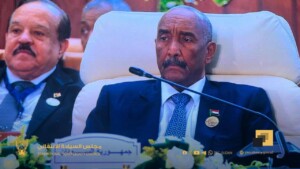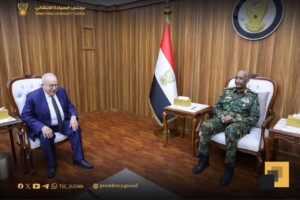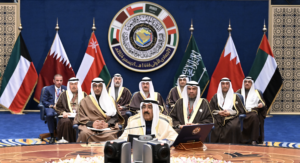Sudan’s civil society demands more participation in negotiations
Sudan’s civil society organisations are disgruntled with the minimal role they play in Sudan’s peace negotiations. In their memorandum (full doc), they call for a conducive environment in order for the National Dialogue to lead to a comprehensive solution for all Sudan’s crises.
Sudan's civil society organisations are disgruntled with the minimal role they play in Sudan's peace negotiations. More than 30 professors, lawyers, and camp leaders signed a memorandum on 15 January, stating that the negotiations and the National Dialogue will lead to partial solutions only without the contribution of civil society organisations.
The document is signed by 25 Sudanese professors, lawyers, activists, and development workers, and eight leaders of camps for displaced people in Sudan. The signatories claim that the civil society is one of the pillars of the negotiating platform of the proposed National Dialogue, with its knowledge of the armed conflicts' direct impact on the affected populations. However, they find their role in the National Dialogue has not been “entirely effective”.
“Some parties to the negotiations tried to include some elements of civil society under different names, such as 'stakeholders' or 'friends of the movements', and so on. However, this representation was selective and tended to distort the role of civil society.”
The signatories imagine that the civil society participators in the dialogue will be able to “positively contribute ideas”, and avoid solutions for Sudan's crises that are neither comprehensive nor sustainable. They propose a number of steps the government must take to create a conducive environment for negotiations, including the adoption of a decentralised government system, addressing the issue of pastoralists and nomadic groups over land tenure, dismantling Sudan's militias and other par-military groups, and ensuring the impartiality of Sudanese armed and security forces.
The memorandum's signatories question the agenda of the negotiations in Addis Ababa, comparable to those of the Naivasha, Abuja (2006), and Doha (2011) peace agreements, years before: “The important steps [have] been restricted to the agenda of the National Dialogue, which is highly flawed.” They fear that the current approach will lead to a partial settlement only, “unable to achieve our people's aspiration for freedom, justice and peace”.











 and then
and then